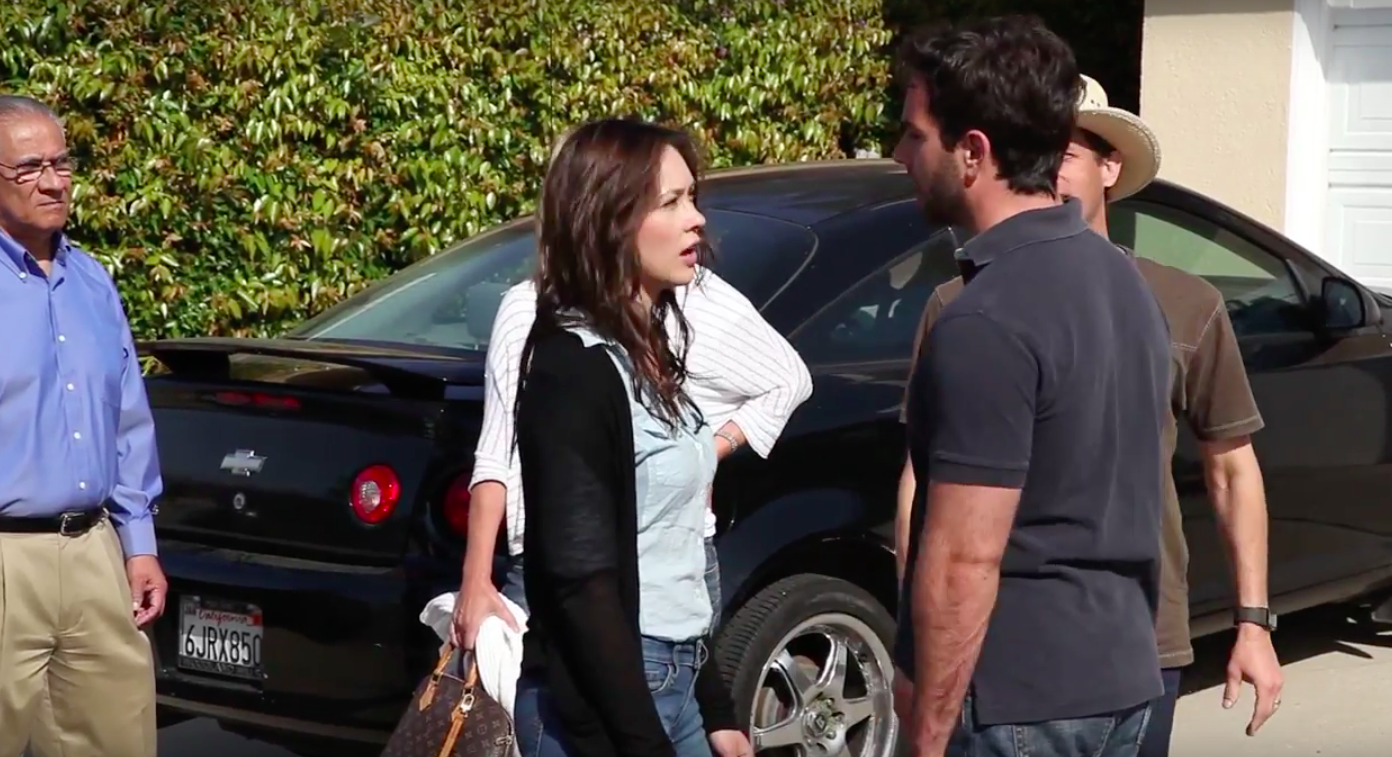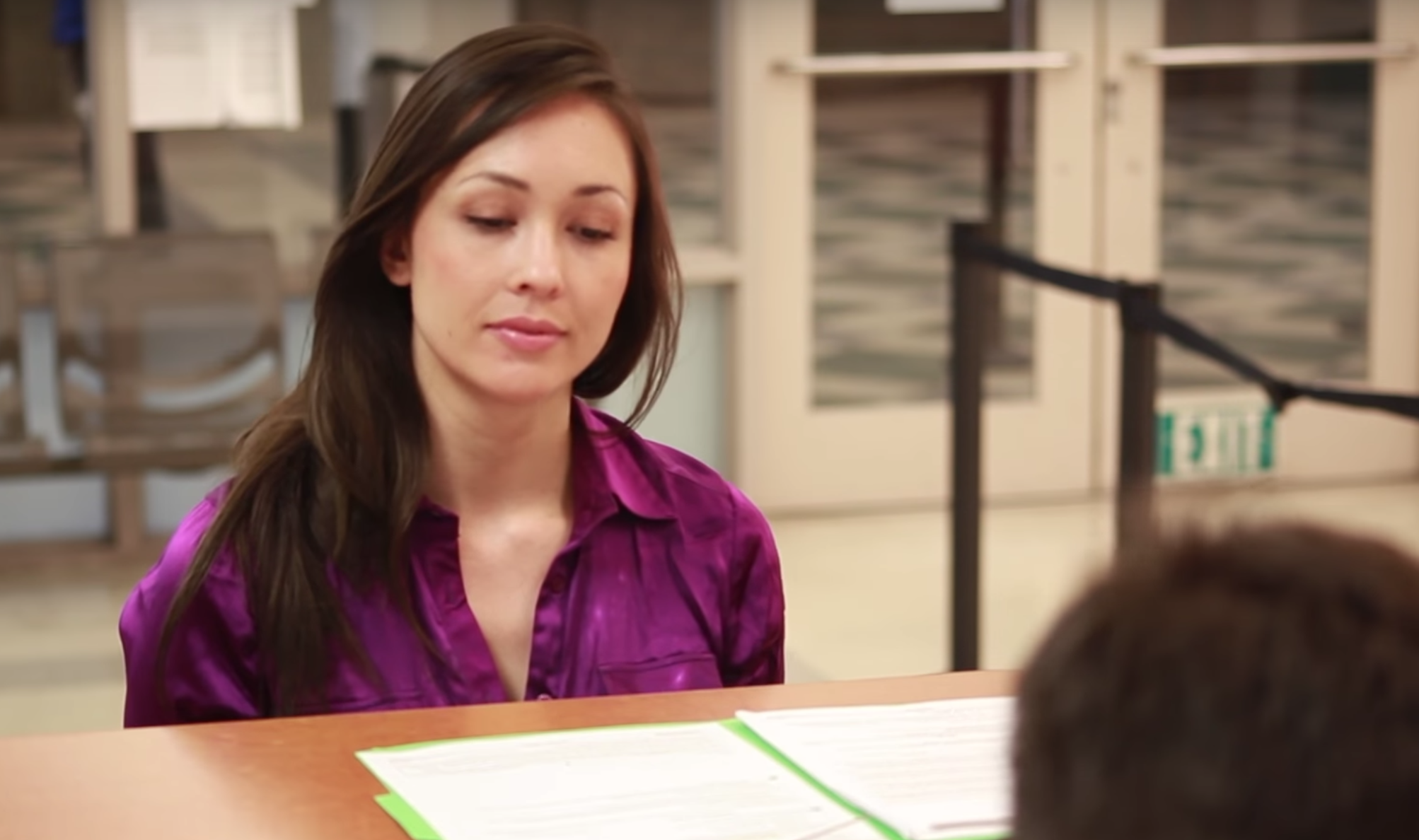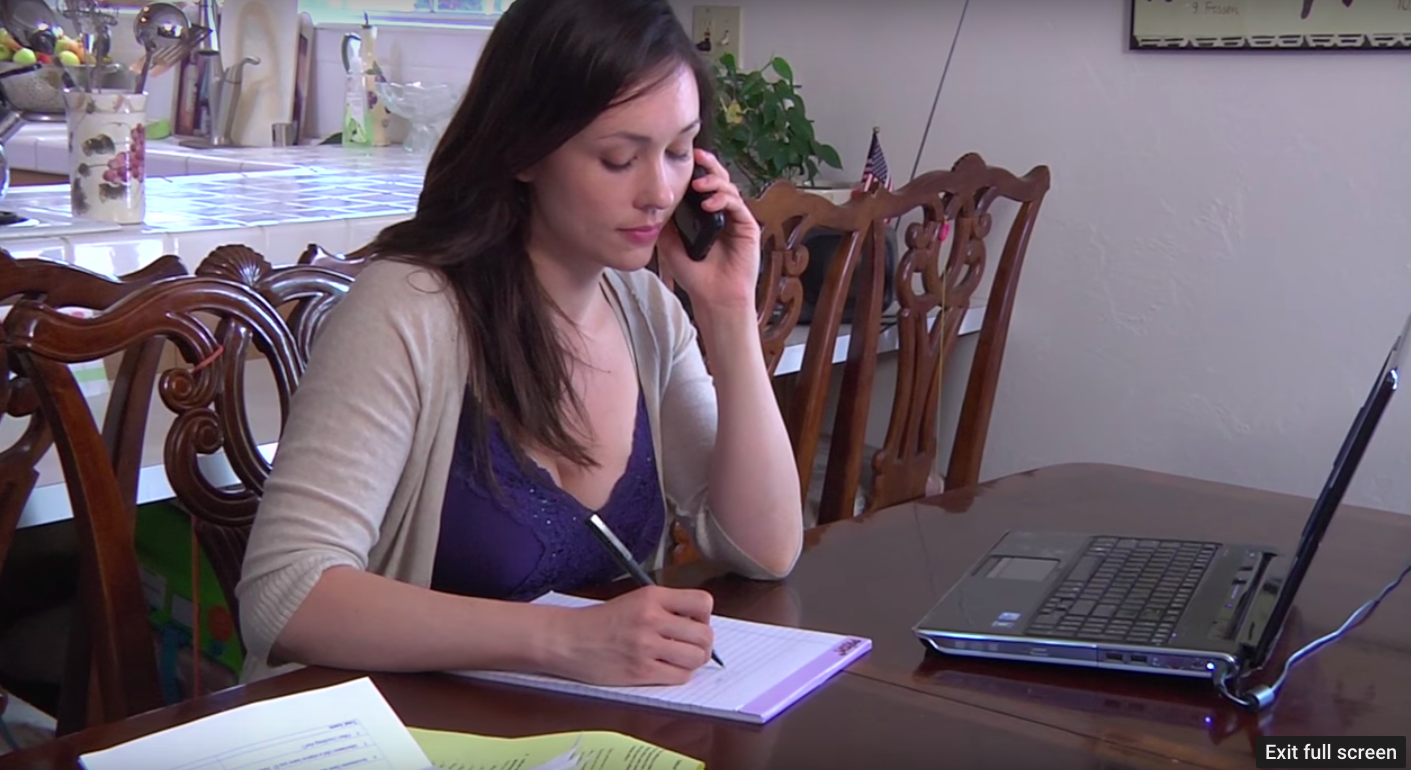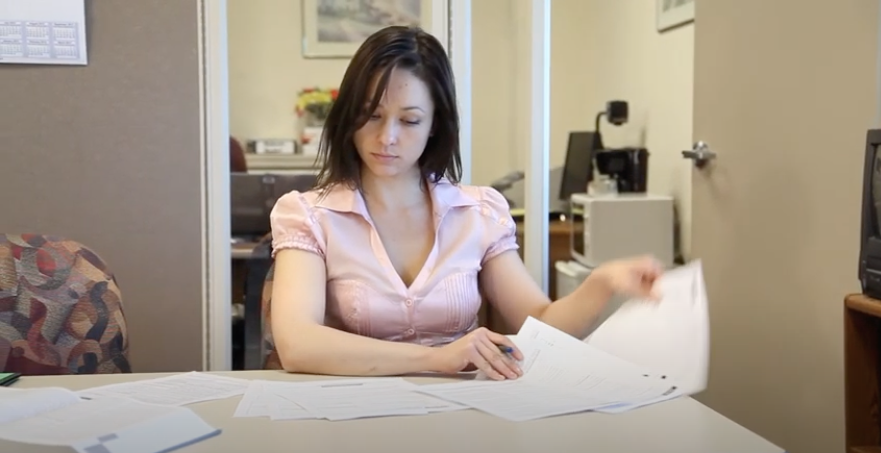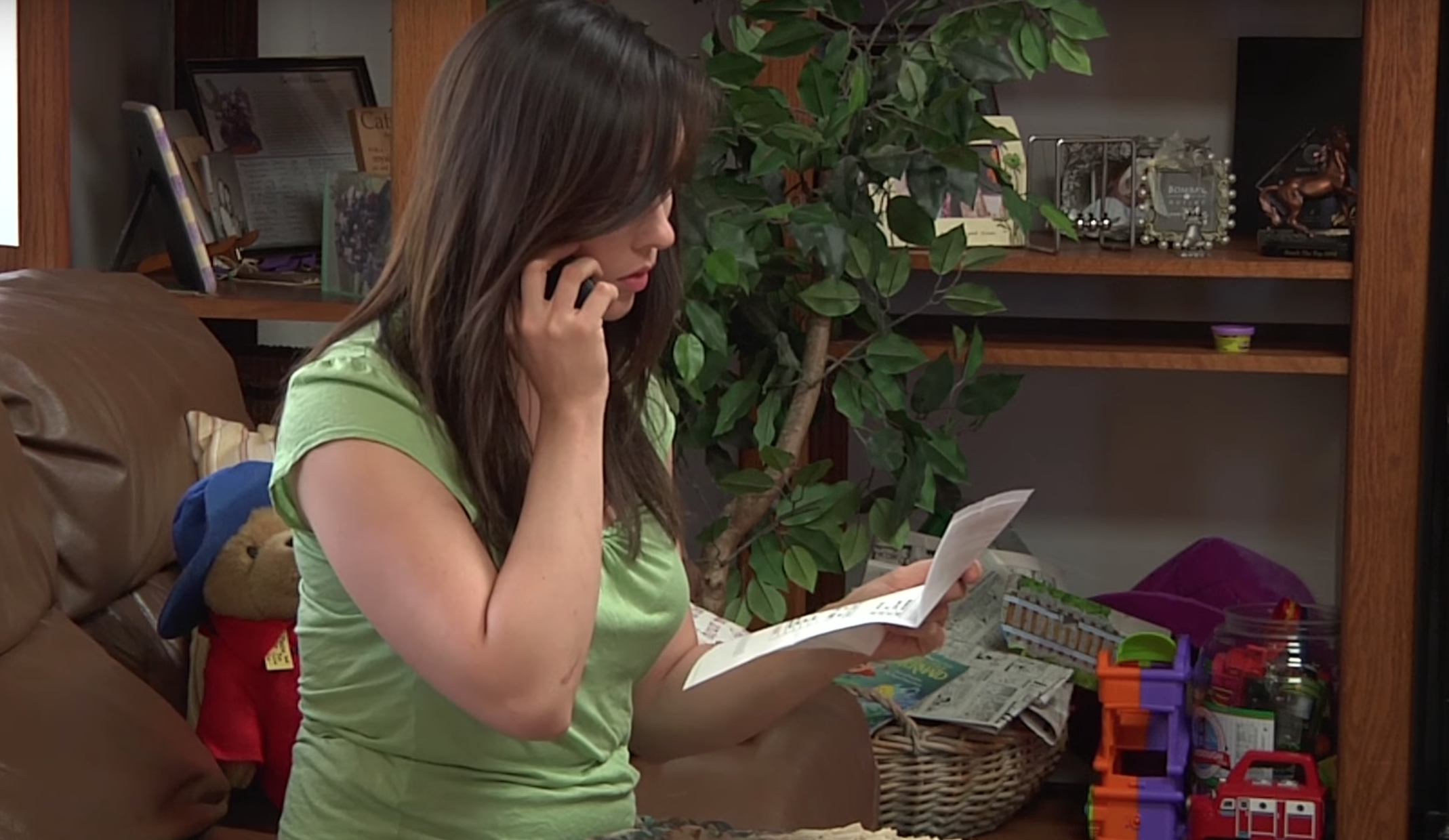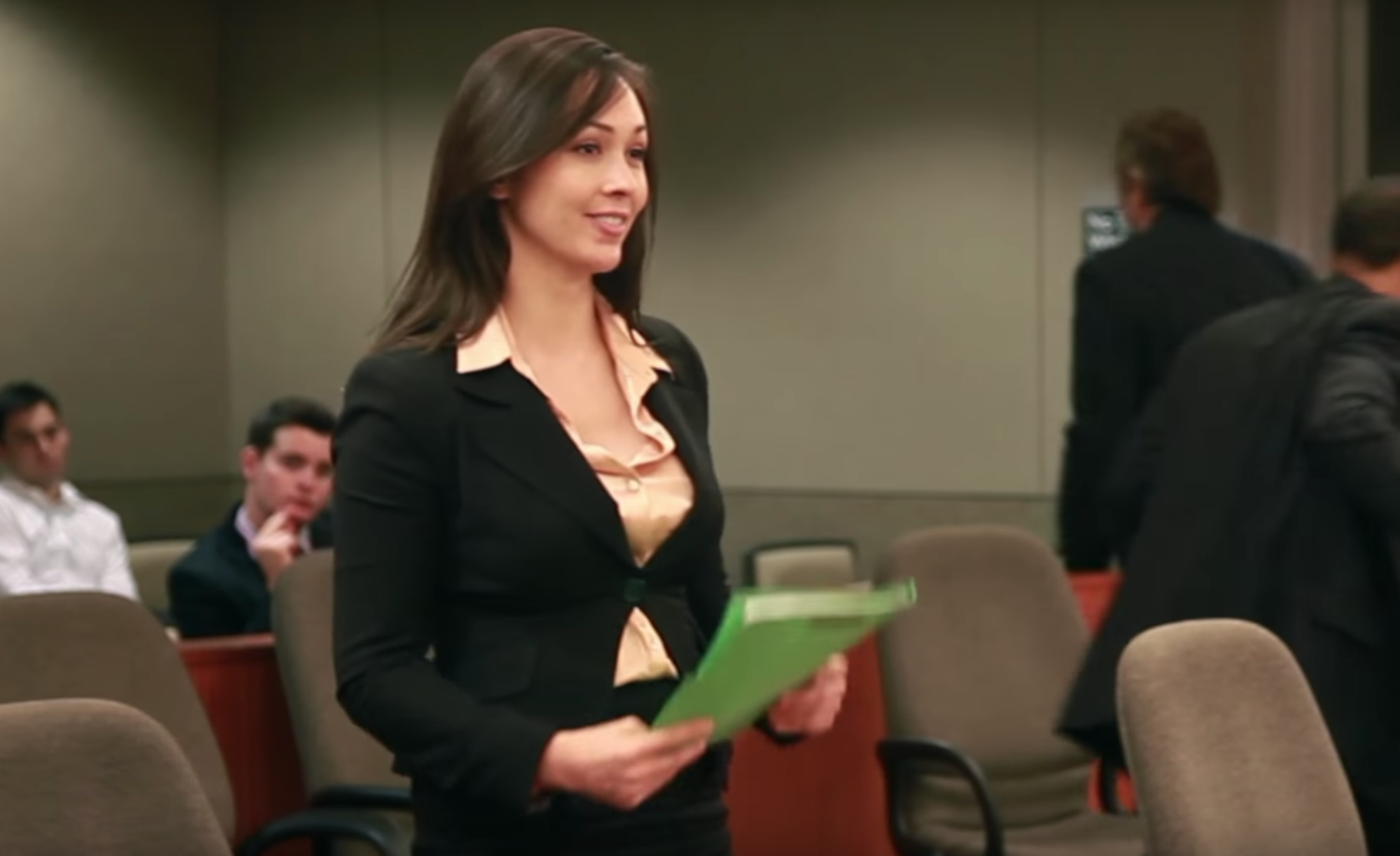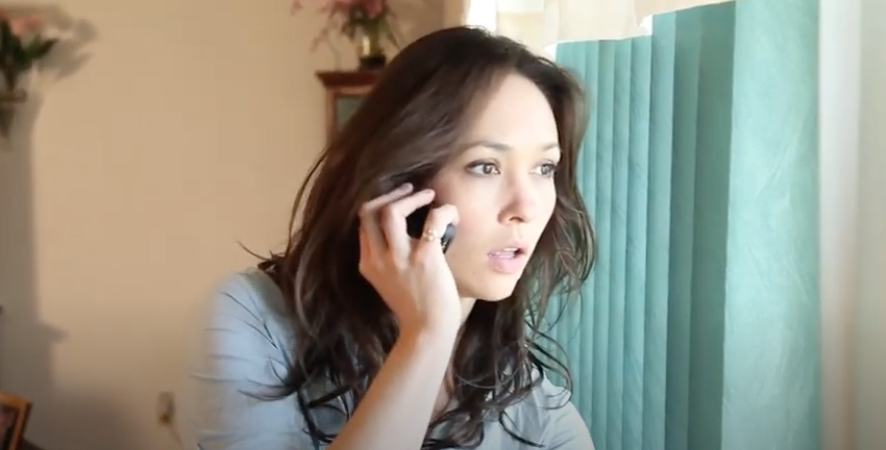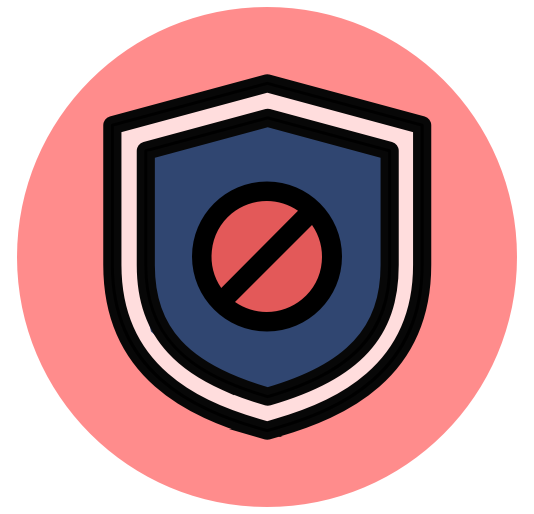
Protective Orders in Virginia
A free guide for people dealing with domestic violence or harassmentUse this guide to protect yourself and your family from harassment, stalking, and abuse.
If you are worried about abuse by a family member, someone at work, someone you are dating, or otherwise, you can seek out a Protective Order.
Use this guide to understand the different kinds of Protective Orders in Virginia, how to file for an order, and how to deal with changes or enforcement if you have an order. Find resources and organizations that can help you more.
If You Need More Help
You can contact your local Virginia legal aid group by calling 1-866-534-5243. You can also look up your local legal aid group online.
Lawyers can help you understand your options and next steps for your specific situation. Legal aid lawyers provide free help to people who qualify.
If you need help with domestic violence, call the police at 911 if you need immediate protection.
For non-emergencies, reach out to the Virginia Statewide Hotline for domestic violence at 1-800-838-8238 (available 24/7). Or text the hotline at 1-804-793-9999.
Step-by-Step Guide
Follow the steps to get a protective order to deal with domestic violence or harassment.
Frequently Asked Questions
Learn about what Virginians can do about domestic violence, harassment, and protective orders.
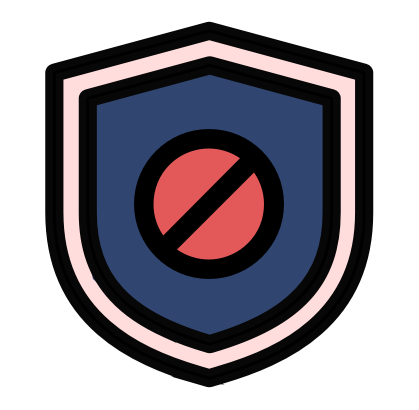
More Resources
Find services, shelters, hotlines, and more information on domestic violence & protective orders
How do you file for a Protective Order in Virginia?
Steps to File for a Protective Order
The legal process in VirginiaStep 1:
Decide if you need a Protective Order
____
You can ask the court to get a Protective Order if you are or were the victim of an act of violence, force, or threat (which includes stalking).
There are 3 types of protective orders in Virginia:
- Emergency Order that can last 3 days,
- Preliminary Protective Order that can last for 2 weeks, and
- Final Protective Order that can last up to 2 years (and can be extended further).
If you would like legal advice on whether to seek a protective order, you can call your local legal aid at 1-866-LEGLAID.
To talk to a domestic and sexual violence advocate, you can call the Family Violence and Sexual Assault 24-hour hotline at 1-800-838-8238 (toll-free). Or text an advocate at 804-793-9999.
Step 2:
Go to Your Local Court
____
You can go to court to start the Protective Order process.
If you need a Protective Order immediately, and the courts are closed, you will need to call the police. The police can request an Emergency Protective Order, or you can go to your local magistrate and request an Emergency Protective Order. This emergency order will last 3 days and allow you to have the time to access the courts when they are open.
When the courts are open, you can go to your local court to request a Protective Order. You will need to figure out which kind of court to go to. This will depend on whether you have a relationship with the abuser. You would go to either:
- Juvenile & Domestic Relations District Court, if you are seeking an order against:
- a person in your family,
- a person in your household, or
- a juvenile under 18 years old.
- General District Court, if you are seeking protection against an adult who is not in your household.
Find your local court's location at the Virginia court website: https://www.vacourts.gov/courts/home.html. Choose the J&DR court or Circuit court in your county.
You will need to fill out a Petition for a protective order. If you would like to fill out the forms before going to court, you can use the I-CAN! Virginia online program. It is available in English and Spanish. If you need an interpreter, let the clerk know when you submit your documents. If you would like to keep your address confidential, tell the clerk when you file your petition.
Step 3:
Talk to an Advocate about a Safety Plan
____
At many courthouses, when you file a petition for a protection order you will also get referrals for domestic and sexual violence advocates.
They can help you with creating a plan to stay safe from your abuser and can provide you with some resources that may help you.
To talk to a domestic and sexual violence advocate, you can call the Family Violence and Sexual Assault 24-hour Hotline at 1-800-838-8238 (toll free), or text an advocate at 804-793-9999.
Step 4:
The Preliminary Protective Order
____
When you file your petition for a protective order, you can ask the court for a preliminary protective order, which would last 14 days, and until the next court date.
In some courts, you may see a Judge and the Judge might ask you questions about why you are asking for a protective order.
In other courts, you may be asked to fill out a paper stating why you are asking for a protective order.
The court can give you a preliminary protective order if you have been subjected to family abuse, which is an act of violence, force or threat, within a reasonable period of time, in order to protect your health and safety or the health and safety of your family and household members.
Step 5:
Reach Out for Legal Advice or a Free Lawyer
____
If you would like legal advice or representation for your case protective order, you can call your local Virginia legal aid at 1-866-LEGLAID.
You should try to call an attorney as soon as possible because there is not much time between when you file your petition and your court date.
Step 6:
Go to Your Protective Order Hearing
____
Your protective order hearing will be scheduled 14 days after you give your petition to the clerk.
At the hearing, you are considered the “Petitioner” and the abuser is considered the “Respondent.”
When you come to court, you should bring:
- Any court document, like your protective order petition, your affidavit (if you submitted one), any past protective orders or petitions, any child custody, visitation, or support orders
- Photos of injuries caused by the other person
- Reports of any medical treatment received for those injuries
- Screenshots of any threats made by text, social media, or e-mail
- Witnesses who saw any abuse or injuries
If the Respondent (the abuser) has not received a copy of the petition for a protective order from law enforcement, the Judge will set a new court date to give law enforcement more time to “serve” the abuser. In this situation, the Judge will continue the Preliminary Protective Order until the new date.
If the Respondent (the abuser) is present and wants a trial, each person will have the opportunity to tell the Judge what happened. You should tell the Judge if you have any evidence or witnesses.
The Judge will grant a Protective Order if it is proved by a preponderance of the evidence, meaning you have more evidence than the Respondent, that the Respondent committed an act of violence, force, or threat, and that a protective order is necessary to protect your health and safety.
The judge will let you know if you will be given a Protective Order and how long it will be for.
Step 7:
What to do if your Order is Violated
____
If the other person does not obey the Protective Order, call the police and show them a copy of the Protective Order.
A violation of a protective order is a crime. The police can arrest the other person. The other person may go to jail or pay a fine.
You should keep a certified copy of the Protective Order in a safe place. You should also carry a copy of the Protective Order at all times and have a picture of it on your phone.
You should consider providing a certified copy of the Protective Order to your employer, your child, or children’s schools or daycares.
Frequently Asked Questions on Protective Orders
About the law in VirginiaWhat is a Protective Order, and what might it get me?
In Virginia, a protective order is a piece of paper signed by a judge that orders another person to stop hurting or threatening you.
A Protective Order might also include special instructions, depending on what you ask for and what the court includes in the order:
- Stopping Contact: It might order the person to stop contacting you or to stay away from you.
- Moving Out of Home: It might order the person to move out of the home you share with that person or to pay for you to live in a different home that is similar to your current home.
- Drug, Alcohol, and Anger Treatment: It might order the other person to participate in a drug, alcohol, or anger management program.
The Protective Order can also protect not only you, but your children and other family members. It might include provisions like:
- Temporary Custody: It might give you temporary custody of your children with a schedule for visitation (including visitation supervised by another person).
- Temporary Child Support: It can also order the other person to pay temporary child support.
What is the difference between family and non-family Protective Orders?
In Virginia, Protective Orders are either for family or non-family situations. The kind of Order and court process will be different for these situations.
A Family Abuse Protective Order is decided in the Juvenile and Domestic Relations Court.
- When it applies: The Family Protective Order is for when there is an act or threat involving violence, force, or threat that results in injury or reasonable fear of injury, sexual assault, or death done by a family or household member.
- What do you have to show to get it: The petitioner (the person seeking the protective order) has to prove the existence of an act or threat that results in injury or reasonable fear of injury by a preponderance (51%) of the evidence.
- How long does it last: The Family Abuse Protective Order lasts up to two years.
- What are the official laws about it: Va. Code § 16.1-279.1 (protective order in cases of family abuse), and Va. Code § 16.1-228 (definition of family abuse)
A Non-Family Abuse Protective Order is decided in the General District Court)
- When it applies: The Non-Family Protective Order is for when there is an act or threat involving violence, force, or threat that results in injury or reasonable fear of injury, sexual assault, or death done by anyone else.
- It includes victims of dating violence, sexual assault, and stalking regardless of the relationship between the parties
- What do you have to show to get it: The petitioner (the person seeking the protective order) has to prove the existence of an act or threat that results in injury or reasonable fear of injury by a preponderance (51%) of the evidence.
- What are the official laws about it: Va. Code § 19.1-152.10
What is the difference between Emergency, Preliminary, and full Protective Orders?
There are three types of protective orders: Emergency ones, Preliminary ones, and Full ones.
You can read on the rest of this page about how to get a full Protective Order.
Read here about Emergency and Preliminary Protective Orders.
Emergency Protective Orders are for short-term protection in emergency situations.
- How long do they last? Emergency Protective Orders last 3 days. Then you must file for another type of order (see below).
- How do you get an Emergency Protective Order? Call 911 or contact the magistrate:
- For example, in Fairfax County, you can find the magistrate at 10520 Judicial Drive, Fairfax VA 22030 (next to the Adult Detention Center)
- You can call (703) 246-2178, 24 hours per day, seven days per week
Preliminary Protective Orders are to provide protection while a person is waiting for hearing for full Protective Order.
- How long do they last? Preliminary Protective Orders last 15 days or until the date of your Protective Order hearing.
- How do you get a Preliminary Protective Order? There are two ways to receive a Preliminary Protective Order:
- First, complete an Affidavit for the Preliminary Protective Order for your local Virginia county (like this one for Fairfax County )and give it to the Intake Officer.
- Second, appear before a judge and tell the judge what happened. Appointments are available at 3 PM Monday through Friday but must be scheduled before 1 PM.
- A judge will make a decision about your Preliminary Protective Order based on the information you told the judge.
- If the judge grants a Preliminary Protective Order, it will become effective when it is served (given) on the other person and will last up to 15 days.
If the judge doesn't give me a Protective Order, can I appeal?
If you disagree with a judge’s decision about the Protective Order, you have 10 days to appeal to Circuit Court.
- If the Protective Order was granted by the Juvenile and Domestic Relations District Court, the Protective Order will remain in effect while the appeal is pending.
Can I change or extend a Protective Order?
A Protective Order in Virginia can be modified by the agreement of both parties, or through a court procedure.
Modifying (Changing) an order: You must file a motion with the court requesting that the Protective Order be modified.
Applying for an extension: Before the end of the Protective Order, you may apply for an extension by filing a motion with the court requesting that the Protective Order be extended for up to two years.
- For assistance filling out protective order petition forms online, you can go to the Virginia court's site to use their I-CAN! tool.
What should I do if the person violates the Protective Order?
If the other person does not obey the Protective Order, call the police and show them the certified copy of the Protective Order. They can arrest the other person. The other person may to jail or pay a fine.
You should keep a certified copy of the Protective Order in a safe place. You should also carry a certified copy of the Protective Order at all times.
You should consider providing a certified copy of the Protective Order to your employer, your child or children’s schools or daycares.

More Resources on Domestic Violence & Harassment
For people needing protection in VirginiaRead more on Domestic Violence & Protective Orders in Virginia
Guides on Domestic Violence and Protective Orders
- Domestic Violence & Protective Orders guide from Virginia Legal Aid Society (pdf file at link)
- I-CAN! Virginia
- NBC NEWS 4 video guide on How to Get a Protective Order in Fairfax County, Virginia
Fairfax County Resources
If you want to talk to an advocate about your options and resources, contact Fairfax County's Domestic Violence Action Center (DVAC).
- DVAC is at 4000 Chains Bridge Road, Suite 2702, Fairfax, VA.
- Call at (703) 246-4573, 8 AM – 4 PM, Monday through Friday
You can use the Fairfax County – Family Abuse Protective Order Packet
And find additional help at Fairfax County – Assistance with Protective Orders
You can reach out to the Fairfax County Juvenile and Domestic Relations District Court.
- Clerk – Ms. Barbara Suini Moran
- Hours – 8:00 AM – 4:00 PM
- Phone – (703) 246-3367
Services to help people dealing with domestic violence
Reach out to groups who can help you deal with harassment, domestic violence, and other issues you might be dealing with.
Police - Call 911 if you are in danger or need immediate help.
Virginia Statewide Hotline for domestic violence
- Call 1-800-838-8238 (available 24/7)
- Text an advocate at 1-804-793-9999
Virginia Family Violence and Sexual Assault live chat on a website run by the Virginia Sexual and Domestic Violence Action Alliance
Find local offices and agencies that can help you.
Virginia Action Alliance map of local agencies and help centers
- Or download a list of Virginia Shelters/Programs (PDF last updated 2020)
Find your local Virginia county Department of Social Services
Get More Help
with your legal situation
Find a Private Lawyer: To connect with a private lawyer, call Virginia Lawyer Referral Service at 1-800-552-7977 or go to their website at https://vlrs.community.lawyer/. Some lawyers charge $35.00 for an initial interview.
Contact Legal Aid: You can call the Virginia Legal Aid Hotline 1-866-LEGLAID (1-866-534-5243). This will help you find your local free legal aid group.
If you are in Northern Virginia, seek help from the legal aid group Legal Services of Northern Virginia, visit https://www.lsnv.org or call (703) 778-6800.
If you are not in Northern Virginia, or need to find other groups, you can find a list of Virginia legal aid and help groups here, for more legal and financial assistance.
The information on this page is not legal advice.
Legal advice is dependent upon the specific circumstances of a person's situation. The information on this page cannot replace the advice of competent, local legal counsel.
Before taking action based on the information on this site, first check for up-to-date information with your local court system, and seek the advice of licensed local attorneys in Virginia (or your state).
This platform is not a substitute for qualified legal advice.
Please contact a lawyer in Virginia to help you with your specific situation. You can find a private lawyer by calling 1-800-552-7977 or find a local legal aid group by calling 1-866-LEGLAID (1-866-534-5243).
Family legal problem guides
Do you have issues with divorce, child custody, support, separation, or domestic violence? These guides can help.
Divorce & Support
Are you ending your marriage or partnership in Virginia?
Use this guide to explore your options for divorce, separation, spousal support, and child support.
Custody & Visitation
Are you trying to establish who can visit your children, and where they live? And who can make decisions about their schooling, finances, and other life choices?
Use this guide to understand your options around custody and visitation in Virginia.
